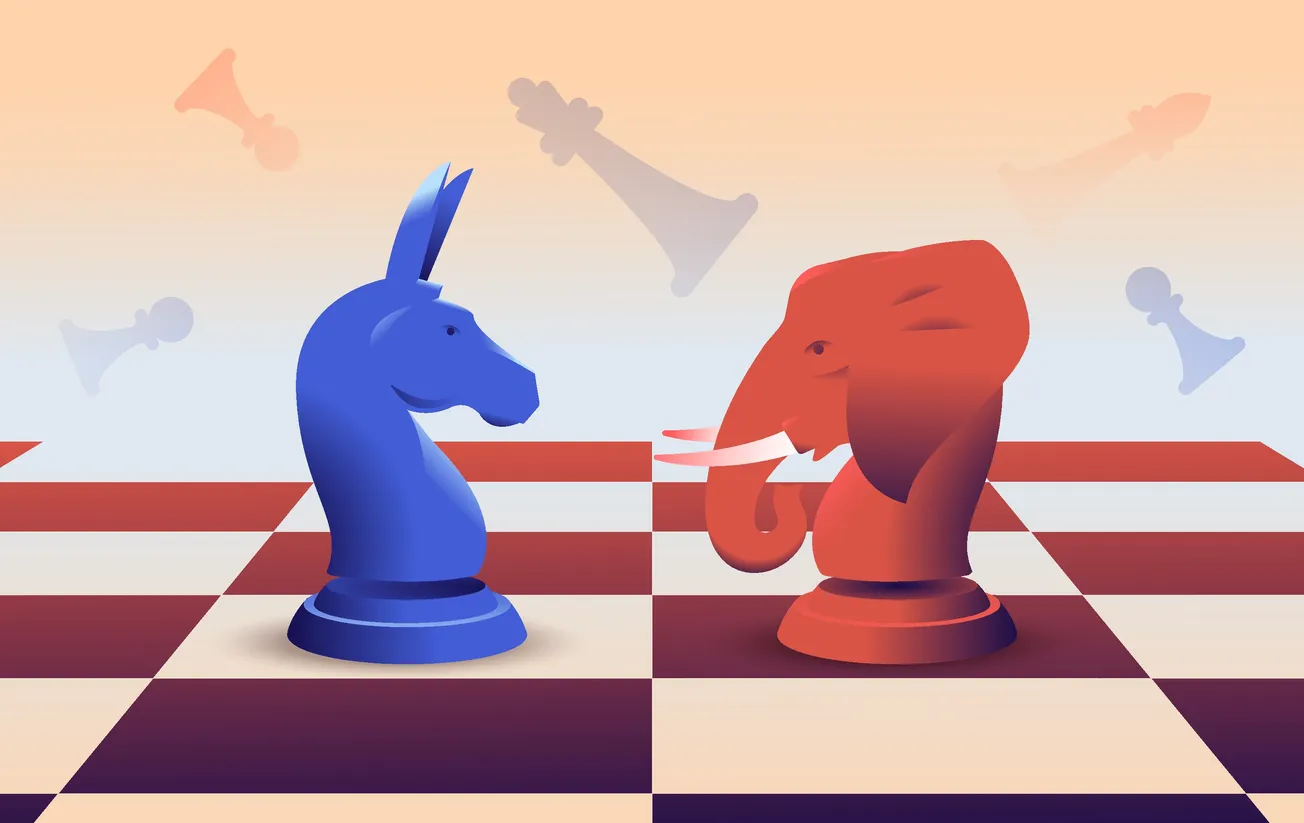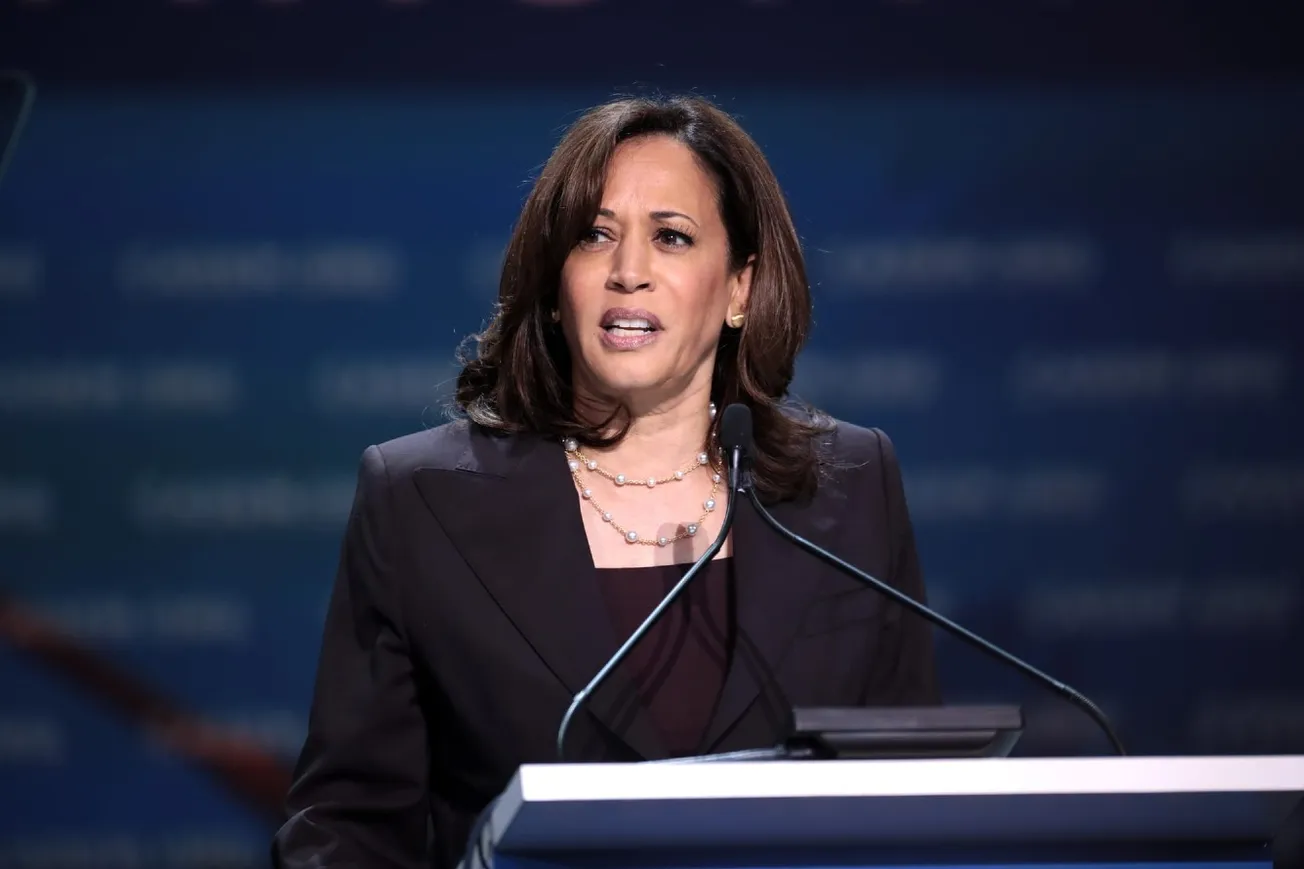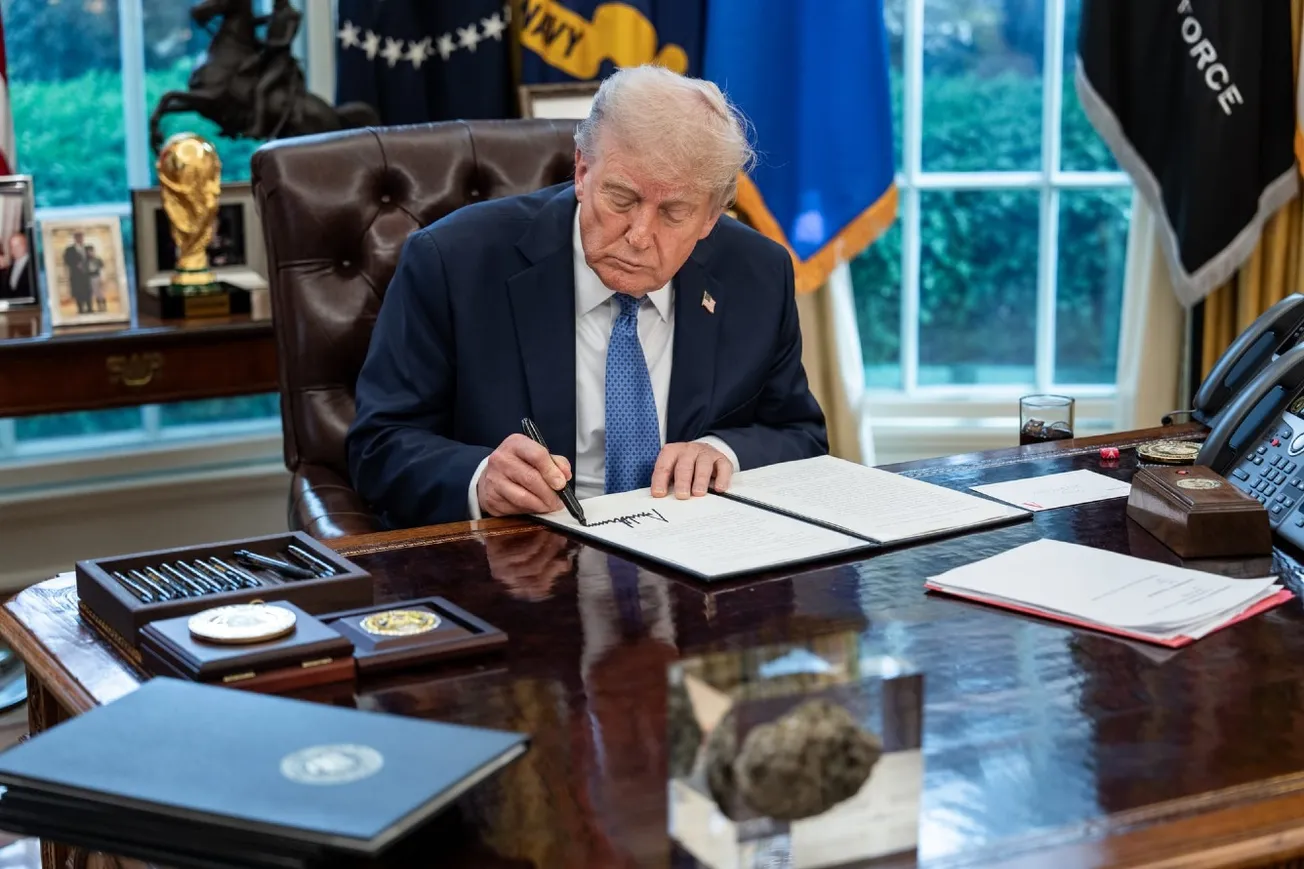Last week, Sen. JD Vance sat down for a podcast interview with the New York Times. It was entirely unscripted and conducted by the Times' Lulu Garcia-Navarro, the co-host of The Interview, one of the newspaper's digital media properties.
Garcia-Navarro couldn't resist bringing up 2020:
In the debate, you were asked to clarify if you believe Trump lost the 2020 election. Do you believe he lost the 2020 election?"
Like in the debate, Vance punted to say he was focused on 2024, a reasonable response because Vance was not even in the United States Senate at the time. For the Left, the answer they seek is for every Trump supporter to admit that he lost the election, and by this measure, it has become a litmus test of civic leadership.
Only those who concede are allowed into the elite hallways of the Left's various establishments. Those Republicans who bring up the charge themselves - like Liz Cheney, Adam Kinziger, Jeff Flake, and John Sununu - are given plum assignments routinely denied to the 2020 election deniers.
Garcia-Navarro pressed ahead. "Senator, yes or no. Did Donald Trump lose the 2020 election?" This time, Vance counter-attacked with the same arrow he drew from the debate quiver, pointing to election interference by the Big Tech companies in the censorship of the Hunter Biden story.
We have never been impressed with this line of defense because Joe Biden didn't directly censor the story, and Joe Biden was the opponent. True, Tony Blinken engineered the letter from the 51 intelligence officials to help his future boss, which Facebook and the legacy Twitter took at face value to kill the New York Post story. Besides, in the immediate aftermath of the election - when Trump was leading on election night only to see his lead slip over the next few days because of mail-in ballots before the AP called the race for Biden - we do not recall any discussion of the Hunter Biden laptop.
Not satisfied with Vance's response, Garcia-Navarro asked a third time: Senator Vance, I'm going to ask you again. Did Donald Trump lose the 2020 election?
Vance stuck to his guns:
Did big technology companies censor a story that independent studies have suggested would have cost Trump millions of votes? I think that's the question.
Now, the interview was beginning to lose its professional look and feel. Garcia-Navarro nagged a fourth time:
Senator Vance, I'm going to ask you again. Did Donald Trump lose the 2020 election?
Vance:
And I've answered your question with another question. You answer my question, and I'll answer yours.
It was a dangerous offer from Vance. What if Garcia-Navarro had agreed with Vance's premise that the tech companies did censor the story? How would Vance have responded? If he had stalled, he would appear as a sly cat. If he had responded, even feebly, to say Trump lost in 2020, Garcia-Navarro would have made news by eliciting a response from Vance, with the liberal media outlets pouncing on the reaction for the next 25 days. Vance could have potentially sunk the Trump campaign.
Garcia-Navarro had a constituency to protect - her liberal paymasters, so she didn't take Vance's bait. But she made an editorial comment typical of the Left: "I have asked this question repeatedly. It is something that is very important for the American people to know. There is no proof, legal or otherwise, that Donald Trump did not lose the 2020 election."
If we were Vance, we would answer her questions differently without once referring to the Post story about Hunter Biden. Trump did not concede in 2020 because it is highly unlikely that he lost.
When someone doesn't agree with the other side, America has a tradition of having it reviewed by an impartial judge. Not a single judge was ready to hear Trump's complaints on the merits, ruling against him only on technical issues. With the clock ticking towards certification, Trump felt even more compelled to assert that he did not lose.
Had Garcia-Navarro asked us why it was unlikely that Trump lost, we would have rattled off dozens of variables.
The Left decided to use COVID-19 to alter America's elections fundamentally. Democratic operatives filed over 145 lawsuits, some as late as 90 days before Election Day, alleging that the pandemic shutdowns would disproportionately disenfranchise minorities and other communities of color. The goal was to get states that had zero experience with universal mail-in ballots to do a complete do-over of how ballots are received, validated, counted, and tabulated.
It was a time of severe worker shortages, yet the Democrat-run states said they were confident in implementing the new procedures with everyone adequately trained. Trump's DOJ did not investigate Zuckbucks, the first time that a private foundation paid poll workers $400 million, mainly in Democratic precincts.
Trump had been warning for months that no-excuse mail-in ballots and a series of last-minute changes to vote acceptance and counting would result in a rigged election. He was ignored.
Numerous anecdotal factors supported Trump's claim that he could not have lost. Before Biden won the nomination, he had lost convincingly Iowa and New Hampshire. No modern presidential candidate has ever won the nomination or the presidency after losing the first two states.
Biden rarely left his Delaware basement, and when he did campaign, he had trouble attracting an audience. It was unthinkable that Biden, who did not command the presence of a dynamic leader like Barack Obama or a technocrat like Hillary Clinton, outperformed both of them, winning more votes than any presidential candidate in history.
On the Trump side, his raw vote totals pointed to his victory. No American President in 180 years had failed to win reelection if he won more votes than the first election. Trump won 11 million more votes in 2020 than his 2016 count, to the tune of 74 million. [In 2012, Obama handsomely won reelection although he earned 4 million fewer votes than his 2008 total].
And there are the underreported stories of bellwether counties. For decades, 20 bellwether counties around the country have historically predicted the winner. Vigo County, Indiana, has consistently voted for the winning candidate since 1956. Valencia County, New Mexico, has voted with the winner since 1952. Trump won not only these two counties but 19 of the 20 bellwether counties.
On election night, Trump, having won Florida and Ohio by huge margins, was romping home to reelection. No Republican candidate had lost the presidency after winning both Florida and Ohio since 1960.
Then, the mail-in ballots began to get counted. Four days later, the Associated Press called the election for Biden. Liberal NPR analyzed the results and showed what a nail-biting finish it was: "Just 44,000 votes in Georgia, Arizona, and Wisconsin separated Biden and Trump from a tie in the Electoral College."
Biden became America's 46th president, and the rest is history. But it is not clear that Trump lost, absent a judicial review of the election on the merits, which never happened. That is where America should leave it and move on to November 5, 2024.
Election 2024 Specials
TIPP Tracking Poll Day 2: Harris Leads Popular Vote, But Trump Edges In Electoral Projection
Electoral Showdown 2024: Latest Win Probabilities – October 15









